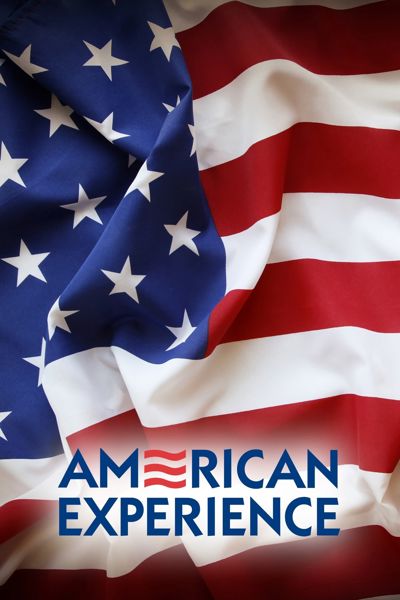
| Season | Average Rating | Episodes | Best Episode | Worst Episode |
|---|---|---|---|---|
| 31 | ★ 7.9 | 7 |
★ 8.6
Chasing the Moon - Earthrise
|
★ 7.1
The Feud
|
| 36 | ★ 7.9 | 2 |
★ 8.0
American Coup: Wilmington 1898
|
★ 7.8
Nazi Town, USA
|
| 25 | ★ 7.8 | 6 |
★ 8.2
JFK (Part 1)
|
★ 7.2
War of the Worlds
|
| 13 | ★ 7.8 | 1 |
★ 7.8
Fatal Flood
|
★ 7.8
Fatal Flood
|
| 32 | ★ 7.8 | 8 |
★ 8.3
The Poison Squad
|
★ 7.3
George W. Bush (Part 2)
|
| 28 | ★ 7.7 | 3 |
★ 8.0
Murder of a President
|
★ 7.3
Bonnie & Clyde
|
| 29 | ★ 7.7 | 5 |
★ 8.1
Oklahoma City
|
★ 7.2
The Race Underground
|
| 24 | ★ 7.7 | 8 |
★ 8.1
Death and the Civil War
|
★ 7.3
Billy the Kid
|
| 33 | ★ 7.7 | 8 |
★ 8.1
The Blinding of Isaac Woodard
|
★ 6.6
Billy Graham
|
| 14 | ★ 7.6 | 1 |
★ 7.6
A Brilliant Madness
|
★ 7.6
A Brilliant Madness
|
| 6 | ★ 7.5 | 1 |
★ 7.5
America and the Holocaust: Deceit and Indifference
|
★ 7.5
America and the Holocaust: Deceit and Indifference
|
| 19 | ★ 7.5 | 1 |
★ 7.5
Alexander Hamilton
|
★ 7.5
Alexander Hamilton
|
| 23 | ★ 7.5 | 5 |
★ 8.2
Freedom Riders
|
★ 7.1
God in America (Parts 5-6)
|
| 10 | ★ 7.4 | 1 |
★ 7.4
Surviving the Dust Bowl
|
★ 7.4
Surviving the Dust Bowl
|
| 30 | ★ 7.4 | 1 |
★ 7.4
The Secret of Tuxedo Park
|
★ 7.4
The Secret of Tuxedo Park
|
| 26 | ★ 7.3 | 3 |
★ 7.5
The Poisoner's Handbook
|
★ 7.1
The Amish: Shunned
|
| 35 | ★ 7.2 | 2 |
★ 7.3
Ruthless: Monopoly's Secret History
|
★ 7.2
The Lie Detector
|
| 1 | ★ 7.0 | 16 |
★ 7.9
The Great San Francisco Earthquake
|
★ 5.9
Eudora Welty: One Writer's Beginnings
|
| 2 | ★ 6.6 | 13 |
★ 7.5
Demon Rum
|
★ 5.3
Battle for Wilderness
|
| 5 | ★ 6.5 | 1 |
★ 6.5
George Washington: The Man Who Wouldn't Be King
|
★ 6.5
George Washington: The Man Who Wouldn't Be King
|
This episode has a weird stylistic quirk of staged interviews with people reacting to the War of the...